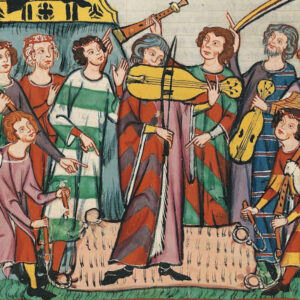
Medieval Minstrel
Medieval minstrels sang, played musical instruments, and told engaging stories. Here’s what life was like for a minstrel in the Middle Ages.
People in the Middle Ages worked in a variety of jobs, some of which continue today and others that have disappeared in time. Farmers harvested crops using sickles and scythes. Bakers made unleavened bread for different customs and occasions. Blacksmiths created everyday objects and weapons from wrought iron and steel. Candlemakers made candles from fat, tallow, and beeswax. Carpenters cut timber to make fences, beams, planks, doors, and furniture. While apothecaries sold wine, spices, herbs, and medicines. There were several other jobs and activities carried out by medieval people. You can find them below.
Medieval society was structured hierarchically, with a few essential professions and jobs necessary for society’s functioning. Some key occupations in the Middle Ages included carpenters, bakers, farmers, miners, and stone carvers.

Medieval minstrels sang, played musical instruments, and told engaging stories. Here’s what life was like for a minstrel in the Middle Ages.
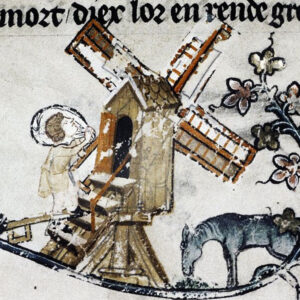
Millers were some of the most important tradesmen in the Middle Ages. Learn more about this medieval profession and how millers lived.
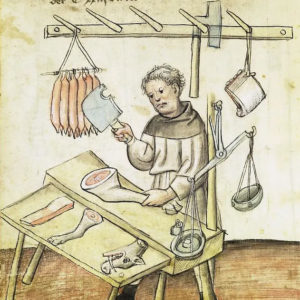
Middle Ages butchers prepared meat, fish, and fowl for the people in a castle or a city. They sometimes had stalls in a marketplace.
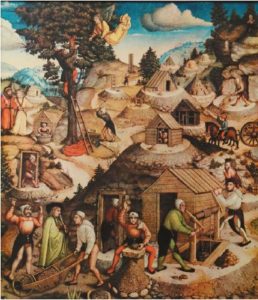
Middle Ages miners held very dangerous jobs in precarious environments to mine gold and silver.
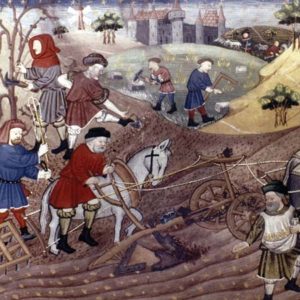
Middle Ages Farmers or Peasants harvested crops using sickles and scythes.
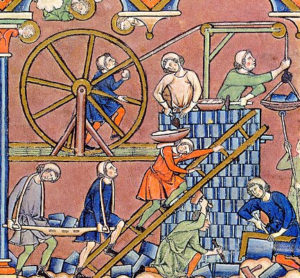
Middle Ages Stone Carvers etched tombstones and carved statues and tools.
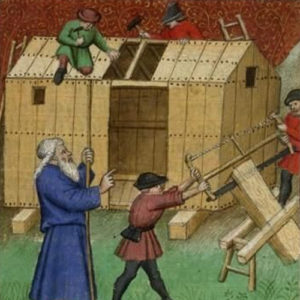
Middle Ages Carpenters cut timber to make fences, wooden beams, planks, windows and doors, and furniture.
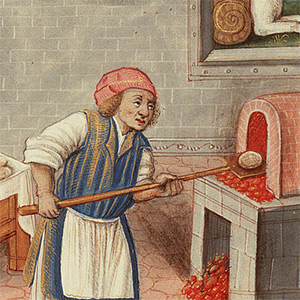
Middle Ages bakers primarily made unleavened bread in many specific varieties for different customers and occasions.
Working in a medieval castle was both challenging and rewarding, but it varied greatly depending on one’s position and duties within the castle. Nobles and their families typically lived in castles, and the castle staff was responsible for ensuring the smooth running of the household and maintaining the castle’s defences. Explore servants, cooks, messengers and other occupations linked to the Lords and the needs of a castle or fort.
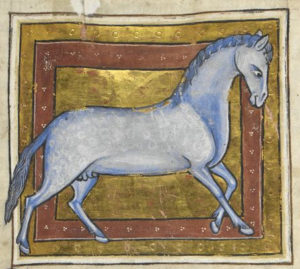
Medieval Stable Master and Grooms were responsible for horses and stables.
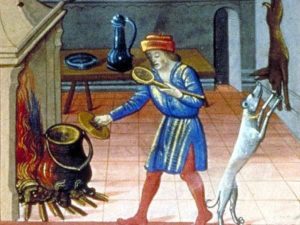
Medieval Cooks usually prepared their food over an open fire. They sometimes shared communal ovens for everyone on the premises of a town.
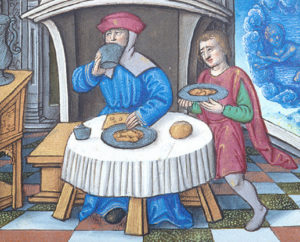
Domestic servants in the Middle Ages were in charge of procuring, storing, and preparing food.
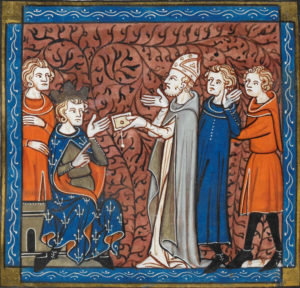
Messengers in the Middle Ages were lesser diplomats that carried out dangerous but prestigious activities.
Medieval weapon makers, knights, and executioners. These are some jobs related to warfare and justice in the Middle Ages.
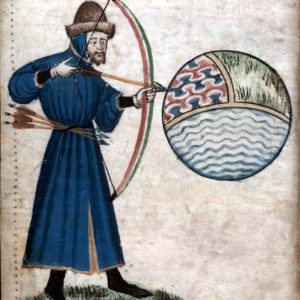
Medieval Fletchers or arrow makers ofter worked closely with bow makers to fashion arrows.
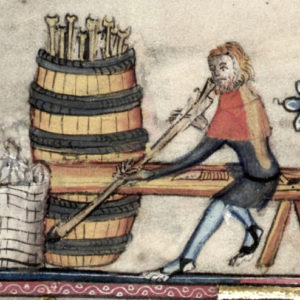
Medieval Bowyers crafted bows, crossbows, arrows, and bolts using a variety of woods and tools.
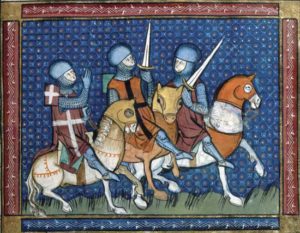
Middle Ages knights had to go through years of training in the use of weapons, horsemanship and medieval warfare.
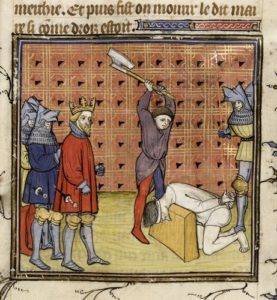
Medieval public executioners officially inflicted capital punishment ordered by the state or other legal authority.
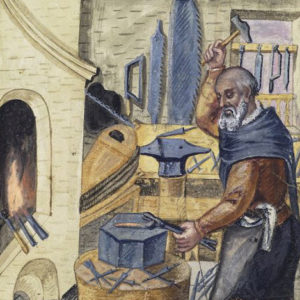
Blacksmiths create objects from wrought iron or steel by forging the metal. Explore what this job was like in the Middle Ages.
Life for medieval sea traders was difficult and dangerous but also potentially lucrative. Sea traders in the Middle Ages often travelled by ship to trade goods such as spices, textiles, and precious metals with other ports around the Mediterranean, North Sea, or Baltic Sea. Popular jobs included traders, sailors, innkeepers and other occupations relating to travelling, hosting, and trading.
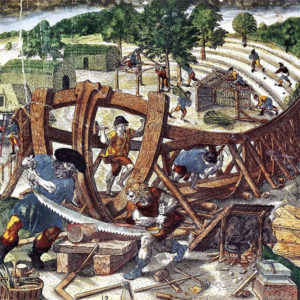
Being a sailor in the middle ages meant living a lonely and difficult life, as they would often set sail for months or even a year at a time.
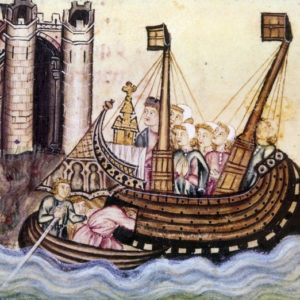
Being a sailor in the middle ages meant living a lonely and difficult life, as they would often set sail for months or even a year at a time.
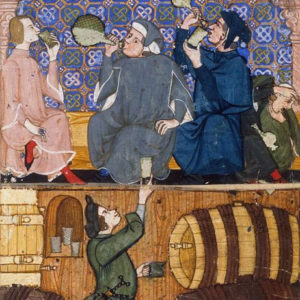
Innkeeping was one of the most lucrative occupations of the Middle ages, although it carried also a lot of responsibility.
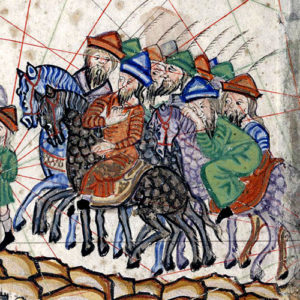
Merchants have existed since the advent of industry, commerce, and trade. Explore what this job was like in the Middle Ages.
Scribes, astrologers and other medieval occupations relating to religion and medicine.
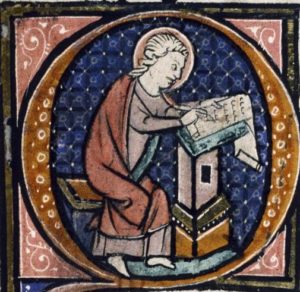
Medieval scribes wrote volumes of work and were often historians, poets, and philosophers.
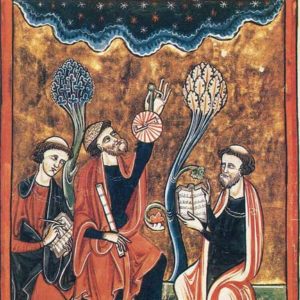
Medieval astrologers were highly respected scholars who believed that the movements of the stars influenced things on earth.
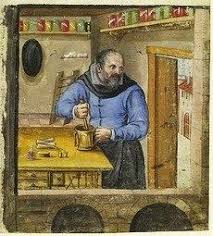
Medieval apothecaries were the ancestors of the modern GP. They sold wine, spices, herbs and medicines.
Medieval crafting jobs varied greatly depending on the craft, but they were generally highly skilled and required a great deal of training and expertise. Craftsmen in medieval times were responsible for producing a wide range of goods, including clothing, armour, weapons, tools, furniture, and household items. These medieval occupations required specific knowledge and craft.
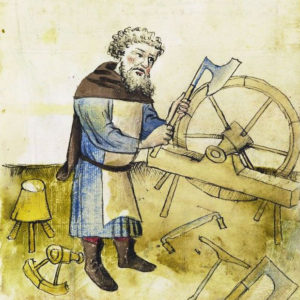
Medieval candlemakers made candles from materials such as fat, tallow and beeswax.
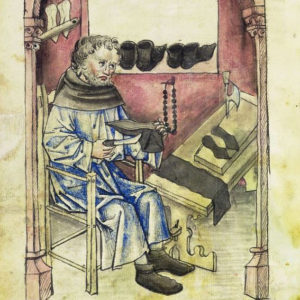
Medieval candlemakers made candles from materials such as fat, tallow and beeswax.
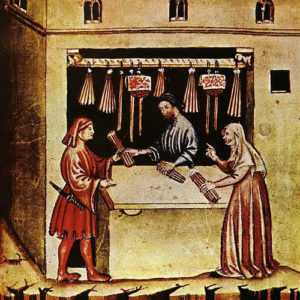
Medieval candlemakers made candles from materials such as fat, tallow and beeswax.